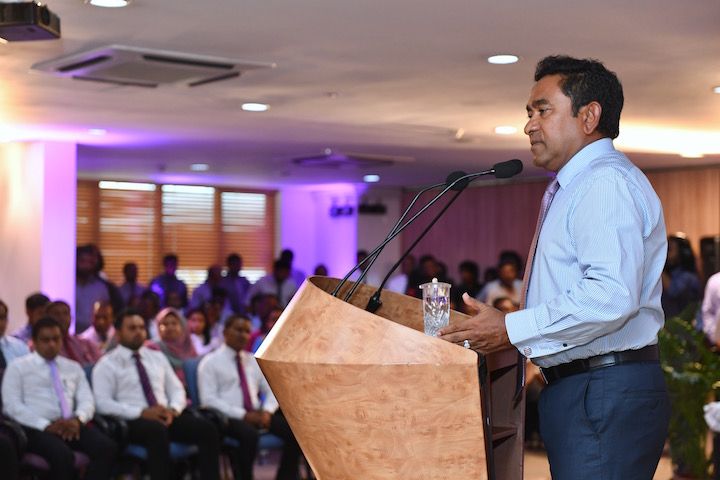Maldives ready for executions in September, president declares
The Maldives will be ready to carry out the first executions in more than 60 years next month, President Abdulla Yameen declared Sunday amid growing international concern over the reintroduction of the death penalty.

07 Aug 2017, 09:00
The Maldives will be ready to carry out the first executions in more than 60 years next month, President Abdulla Yameen declared Sunday amid growing international concern over the reintroduction of the death penalty.
“By God’s will, when the time comes in September, when the Supreme Court concludes [cases] to the point where the death penalty can be enforced, our mechanisms and arrangements will be complete enough to do it with the advice of the Islamic council and the word of the heirs,” Yameen said at an event held to welcome new members to the ruling party.
The president also reiterated his vow to reinstate capital punishment in a speech on Thursday night.
Three young men are presently on death row after the Supreme Court upheld their sentences last year. Rumours of their imminent executions in late July prompted Sir Richard Branson, a British billionaire and philanthropist, to warn that the move would send the Maldives “back to the Dark Ages of human rights.”
Become a member
Get full access to our archive and personalise your experience.
Already a member?
Discussion
No comments yet. Be the first to share your thoughts!
No comments yet. Be the first to join the conversation!
Join the Conversation
Sign in to share your thoughts under an alias and take part in the discussion. Independent journalism thrives on open, respectful debate — your voice matters.




